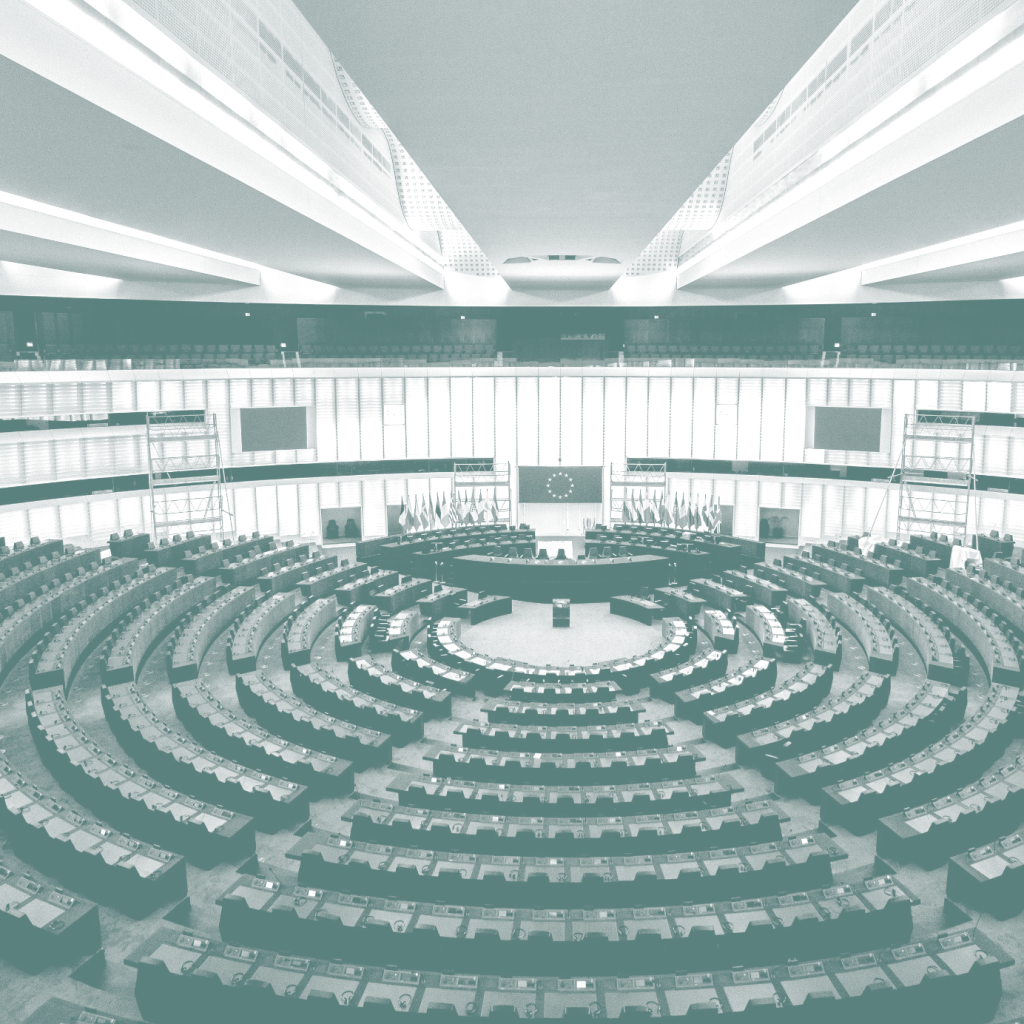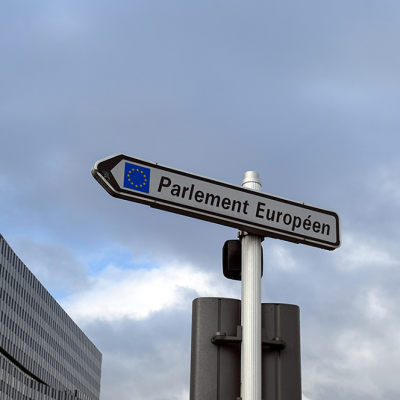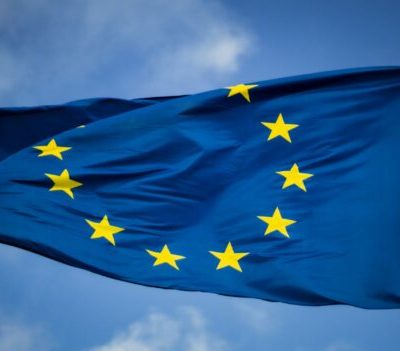Would a shift to the right in the elections lead to a change in the central coalition in the European Parliament?
Analysis of cooperation between the EPP and ECR political groups
Note by Nathalie Brack, Professor of Political Science, Cevipol, ULB, and Awenig Marié, Doctor of Political Science and FNRS researcher at Cevipol, ULB, for the Political Observatory of the European Parliament of the Jacques Delors Institute

With just a few weeks to go before the European elections in June 2024, many people are wondering whether the political forces in the European Parliament could be reconfigured as a result of a shift towards the right, or even the far right.
What exactly is the situation?
This note analyses the votes taken during the parliamentary term just ending, and in particular the nature of the cooperation over these five years between the EPP (the large centre-right group) and the ECR Group (which includes MEPs from Fratelli d’Italia, the party of Italian Prime Minister Giorgia Meloni, and those from the Polish Pis, which was in power in Poland until last autumn). The ECR (national-conservative) group should be distinguished from the far-right group ID (Identity and Democracy), which includes the French Rassemblement National and the German Afd, and whose positions remain very isolated from those of the other groups.
Our study shows that on most legislative issues, the majority pro-European “grand coalition” made up of the three groups EPP, SD (social democrats) and Renew, (centrist-liberals) has, until now, formed the central bloc. It is within this bloc that compromises are made and agreements reached leading to a majority vote. Even if the respective weight of the three groups, in particular SD and Renew, should diminish, this situation is likely to persist after June 2024 according to current polls, which predict a contained shift to the right.
However, recent experience also shows that if this grand coalition breaks up, the EPP is more likely to join forces with the national conservative right (ECR) than with the liberal group. This geometry also varies according to whether the issue is the economy, the environment or migration, with the Renew group playing a key role in the absence, during this legislature, of a possible EPP/ECR alliance capable of forming an alternative majority.
This could change after June 2024 if a move to the right could lead the EPP, or at least some of its elected members, to abandon a partnership with Renew on certain issues in favour of an ECR group that is itself anxious to preserve its unity by distinguishing itself from its own right-wing group, the ID group.
This work by our two experts, Nathalie Bracq and Awenig Marié, was supervised and discussed within the Observatoire politique du Parlement européen of the Institut Jacques Delors (Paris), with the participation of Pervenche Berès, Jean Louis Bourlanges, Monica Frassoni, Fabienne Keller,Pascal Lamy, Alain Lamassoure and Christine Verger.




